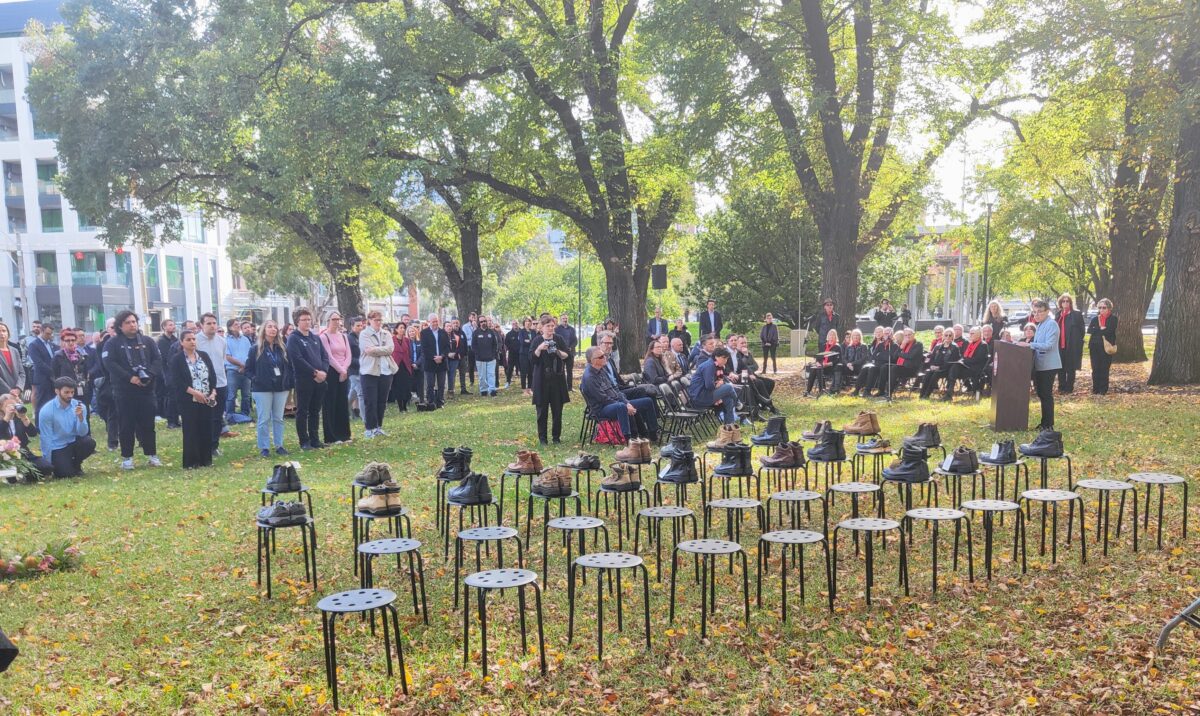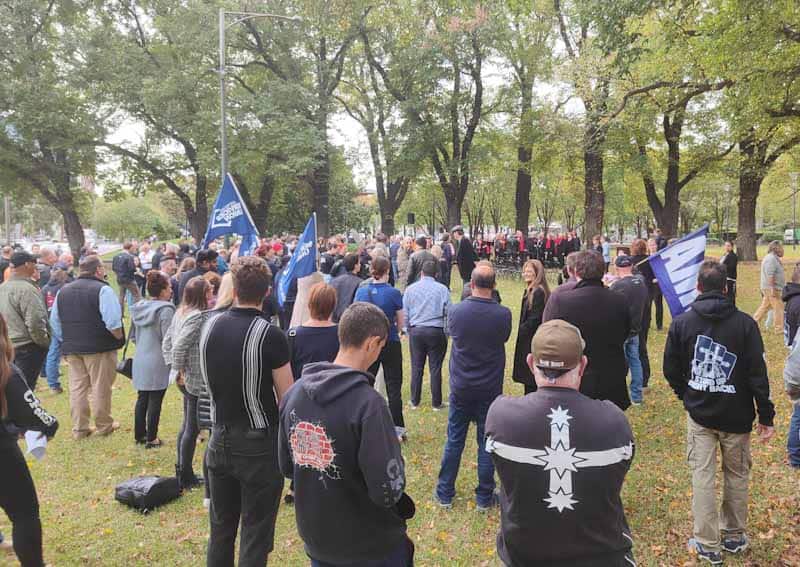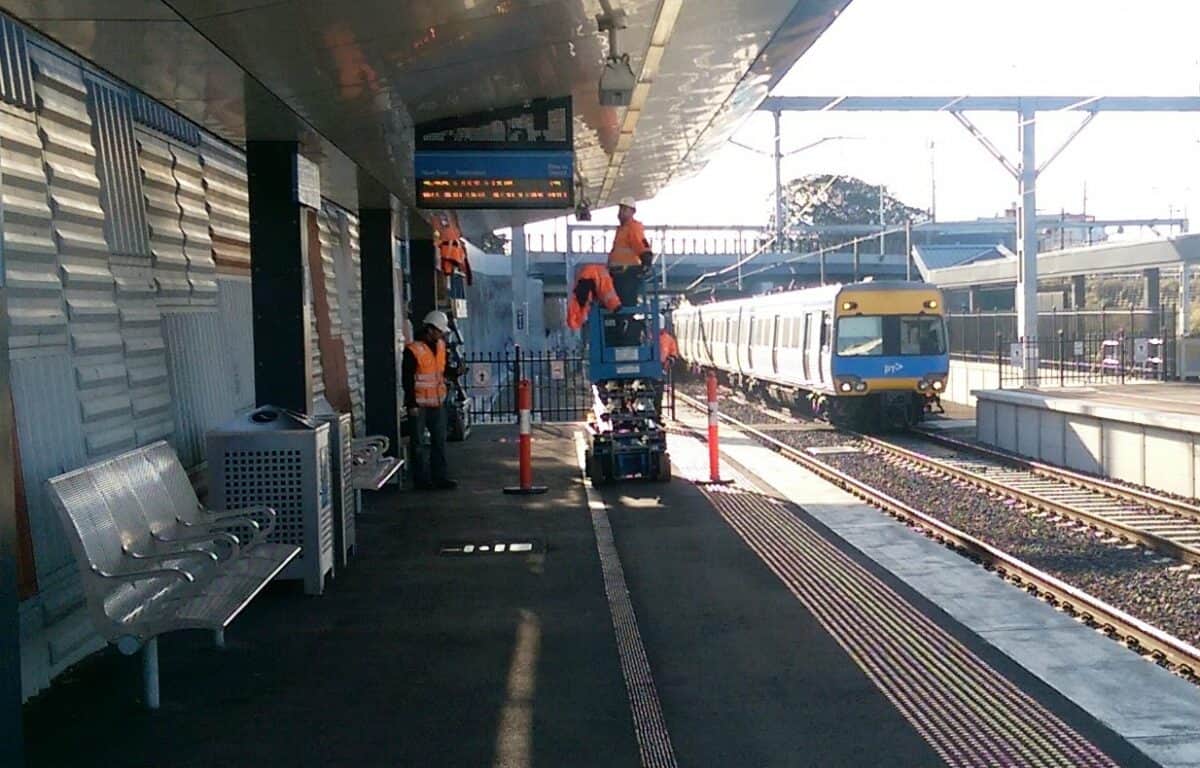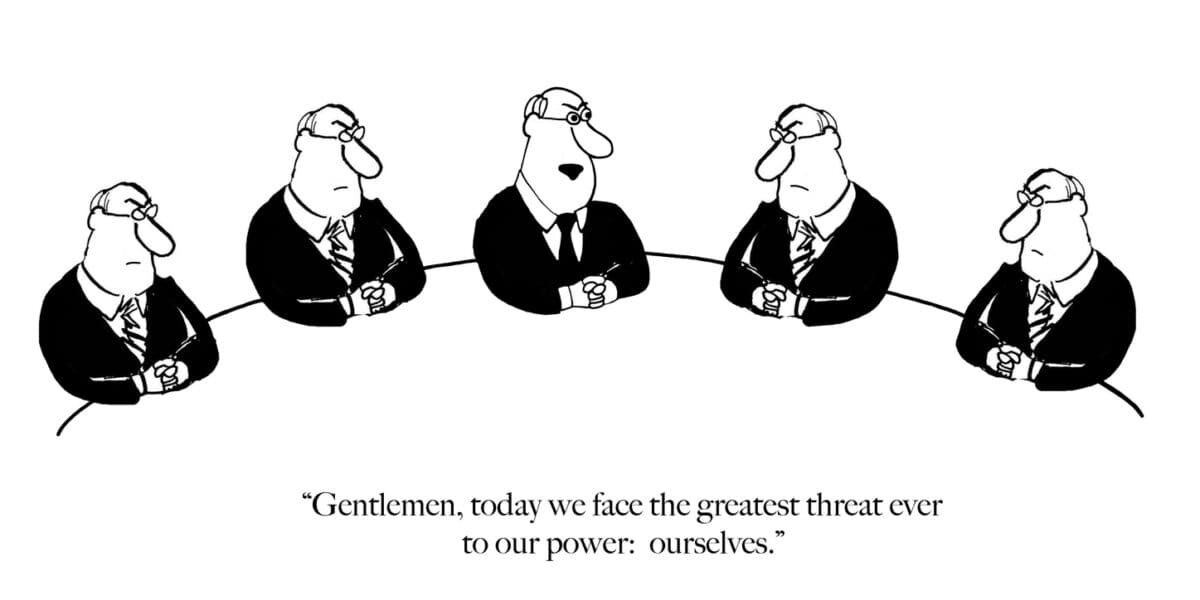Last week’s International Workers’ Memorial Day in Melbourne is stuck in the back of my mind, niggling into my thoughts. I reread the article I wrote at the time and realised that it did not outline what was said by Victorian Trades Hall Council Secretary, Luke Hilakari or the Premier, Jacinta Allan. Below are my takeaways from Hilakari’s speech and a slightly edited transcript of the Premier’s speech.
What does the Labor Party landslide win mean for work health and safety?
This weekend, all the talk in Australia has been about the massive and unexpected electoral swing to the Australian Labor Party (ALP) in the federal election. Most pundits were expecting a majority government, at least, but now the ALP has a substantial majority in the House of Representatives. Possible constraints from a new Senate have yet to be identified.
But this blog is about occupational health and safety (OHS), so why start with an election summary? Industrial relations and, therefore, OHS were almost entirely absent from the election campaigns.
Acknowledgement of safety
Australia is in federal election mode so new political statements are emerging daily. Recently controversy has arisen about the inclusion of Welcome to Country at non-major events. Many organisations lead their meetings with an Acknowledgement of Country which acknowledges the historical ownership of Australia by its indigenous populations.
Recently while reflecting on the International Workers Memorial Day, occupational health and safety (OHS) professional, Tim Allred, has suggested that the role of an “acknowledgement” could add meaning in other circumstances, such as in relation to workplace fatalities.
Meaningful memorial that could have said much more
International Worker Memorial Day (IWMD) events are usually moving and solemn occasions. Today’s event in Melbourne, Victoria, was a good example, but something was missing, especially given the calibre of dignitaries who were present. (A list of most of them is below)
Victorian Trades Hall Council secretary Luke Hilakari was on message as the first formal speaker. He was the only speaker who addressed the IWMD theme – The role of AI and digitalisation at work. He was followed by Premier Jacinta Allan, Melbourne Lord Mayor, Nick Reece, Acting CEO of WorkSafe Victoria, and Ash West. The Premier’s attendance was notable as I cannot remember the last time a Premier attended or spoke at this type of event.
More mystery than history
Over a decade ago, I served as an occupational health and safety (OHS) adviser for the Victorian government on various public transport infrastructure projects. One of the largest at the time (before Victoria’s ongoing Big Build suite of projects), one project was managed by a Project Superintendent who taught project management at university level.
I was asked to speak about safety at the start of one of the regular project meetings. There was a lot to discuss, but after 10 minutes, the Superintendent, who was also the meeting’s chair, cut me off and moved on to other matters. He also decided to remove OHS permanently from the Project Management meeting agenda and hold it in a separate meeting, which he never attended. Later, he made it clear that he saw OHS as an impediment to the project’s program of works and not part of his considerations.
I was reminded of him recently upon reading a new book about the project management of Victoria’s Level Crossing Removal Project (LXRP), as OHS is rarely mentioned and never in a positive context.
We can build better safety from the decline of the free market
Business ethics has never been a significant focus of occupational health and safety (OHS) organisations or regulators beyond what the law says. OHS advisers in companies and through consultation constantly address ethical or unethical behaviour, even though this is rarely discussed at the academic level or outside of the possibility of prosecution. Over the last four decades, neoliberal ideology and policies have given OHS only grudging attention, if any at all. Neoliberalism is gaining more attention in the OHS literature as the socioeconomic and political sources of hazards are finally receiving serious attention. However, most OHS people cannot remember a world before neoliberalism. It is important to remember that trust in the “free market’ on which neoliberalism was built, the promises of wealth for all, and reflect on how worker health and safety suffered.
6 Essential OHS Questions for Employers
Occupational health and safety (OHS) laws establish duties on employers (and employees) to provide safe and healthy workplaces. These duties reflect the social morals of the time, but the morality of employers is rarely challenged.
Below is a selection of OHS-related questions that all employers should be asked and able to answer. How would you or your employer respond?







